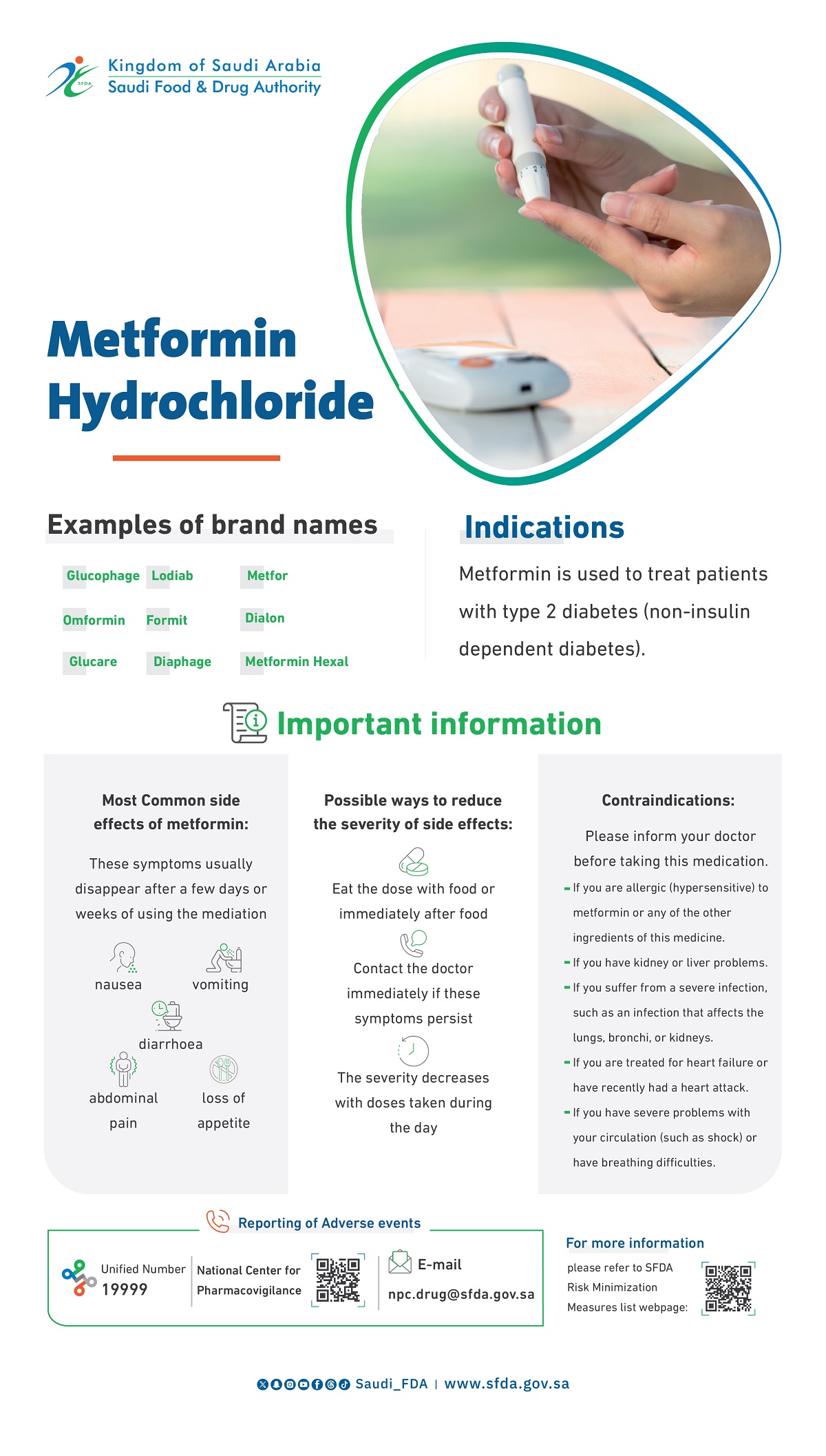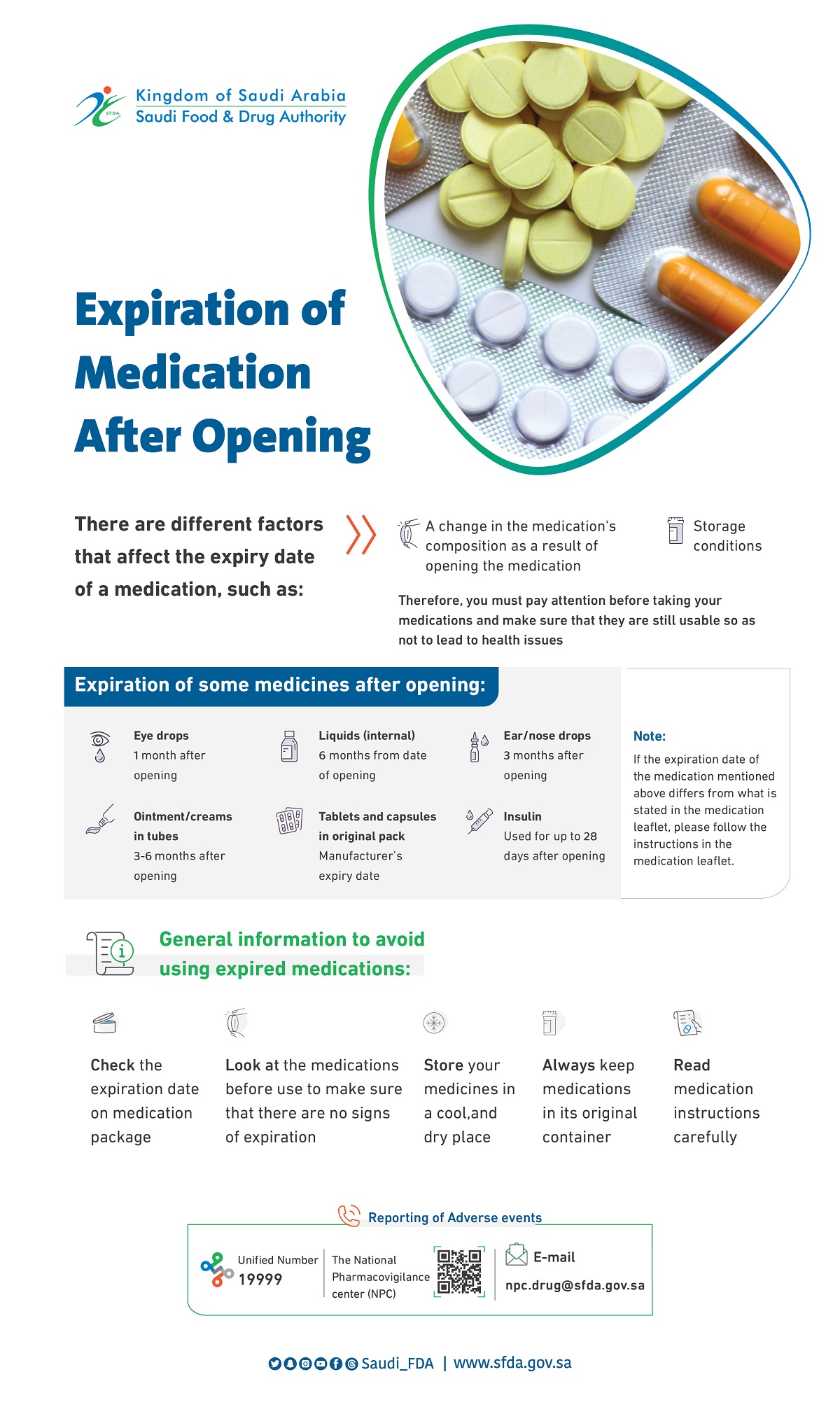

-
About SFDA
About SFDA
SFDA in vision 2030
Authority Strategy
Career and Life
- Information Lists
-
Areas
- Consumer Corner
- Media Centre
- Eservices
Vitamin E won't prevent rheumatoid arthritis
Vitamin E won't prevent rheumatoid arthritis
Vitamin E won't prevent rheumatoid arthritis
2008-11-26
Taking vitamin E supplements does not reduce a woman's risk of rheumatoid arthritis (RA), an analysis of data from the Women's Health Study indicates.
"Despite plausible biologic mechanisms," the present randomized, controlled trial does not show that long-term use of vitamin E supplements significantly decreases the risk of developing RA, Dr. Elizabeth W. Karlson and co-researchers conclude.
About 20 million people worldwide have RA -- an autoimmune disease caused when the body confuses healthy tissues for foreign substances and attacks itself. The disease causes pain, stiffness and swelling in multiple joints, and inflammation can develop in other organs as well. Studies have suggested that RA raises heart risks.
Data from some previous "observational" studies have shown that diets high in antioxidants are associated with lower RA risk, Karlson and colleagues note in the journal Arthritis Care and Research.
As part of the Women's Health Study, 39,144 women at least 45 years of old were randomly allocated to take vitamin E at a dose of 600 international units every other day or placebo.
During follow-up lasting 10 years on average, 50 women in the vitamin E group and 56 in the placebo group developed RA, Karlson and colleagues from Brigham and Women's Hospital in Boston report.
This suggests that vitamin E supplementation does not significantly affect the risk of RA, they conclude.
SOURCE: Arthritis Care and Research, November 15, 2008.




